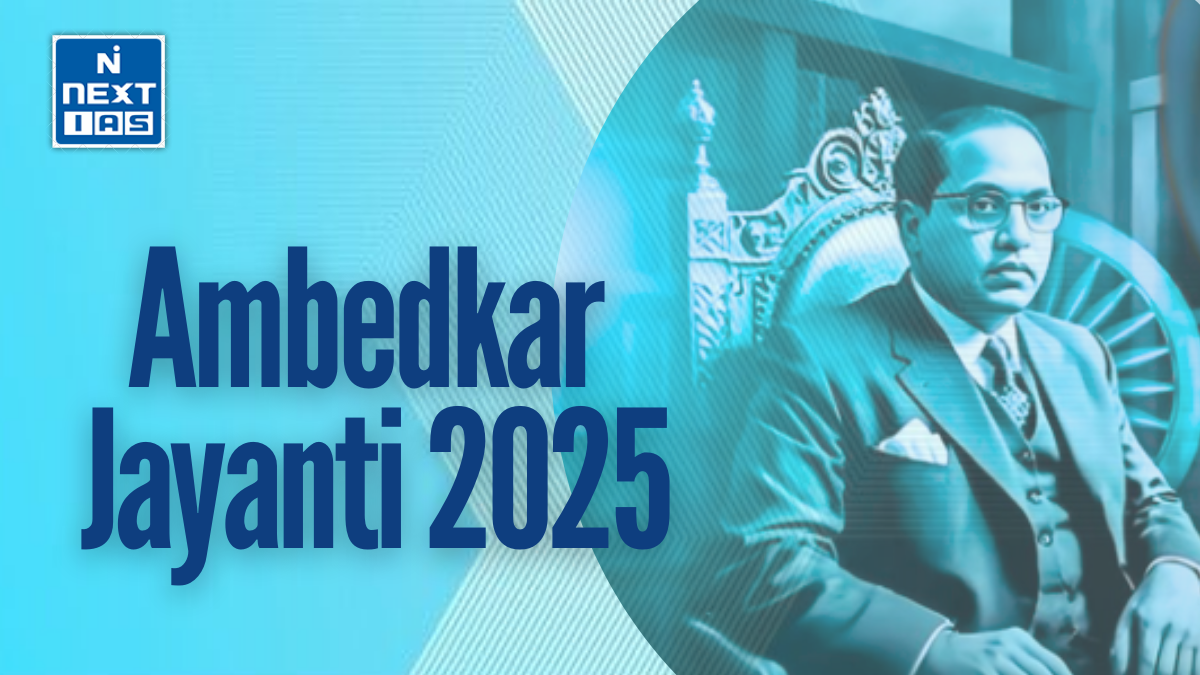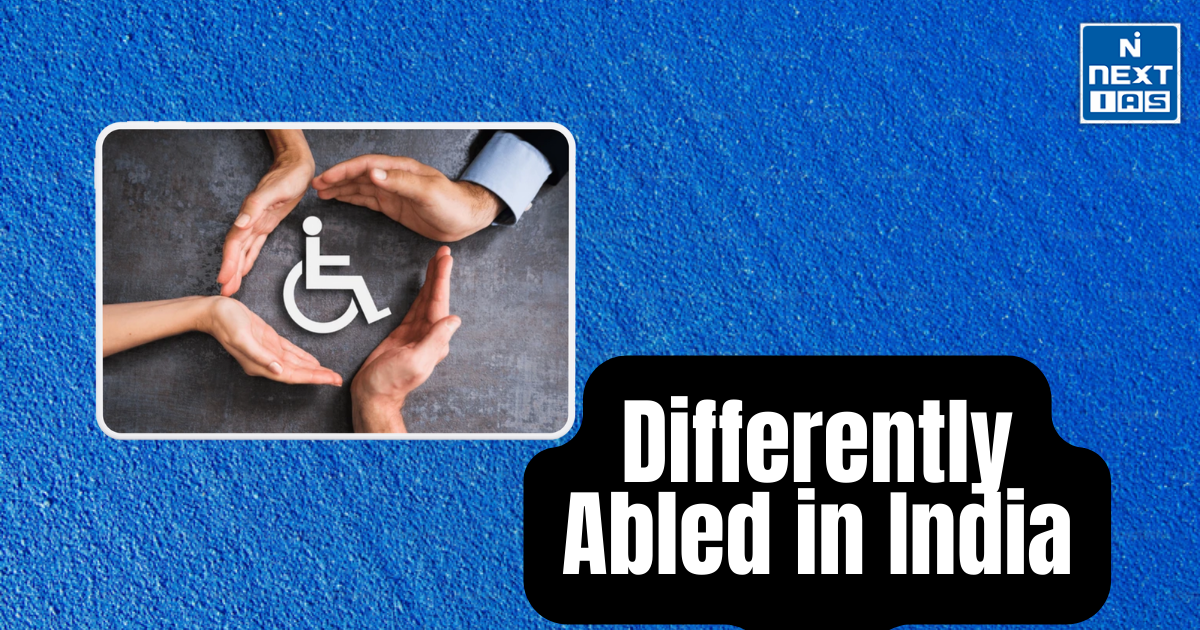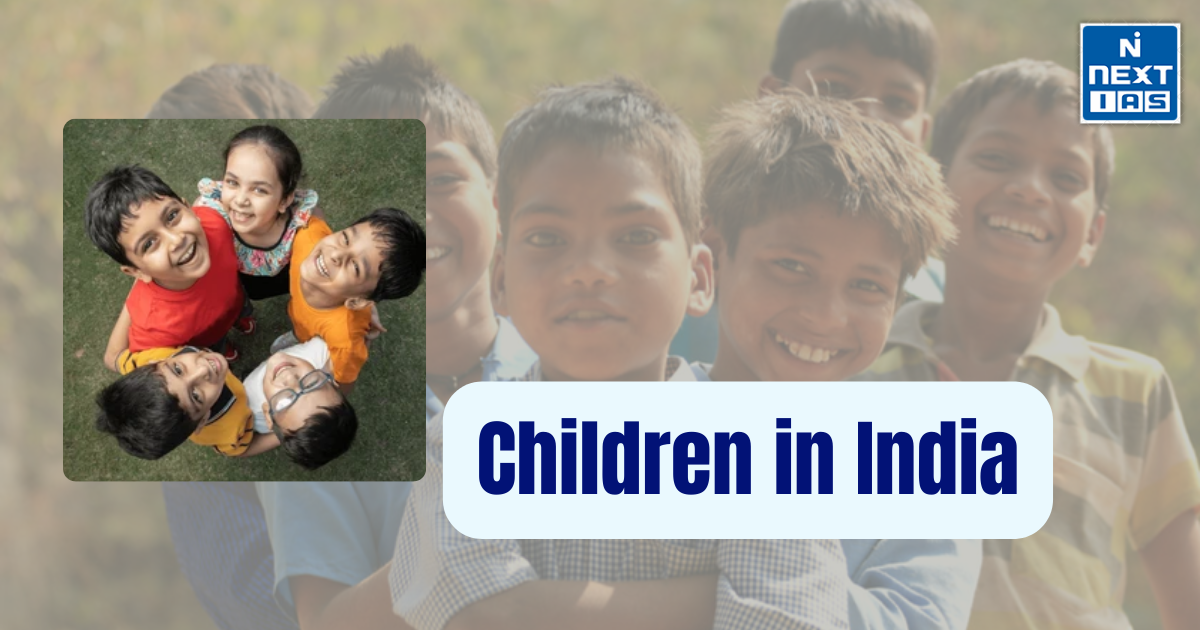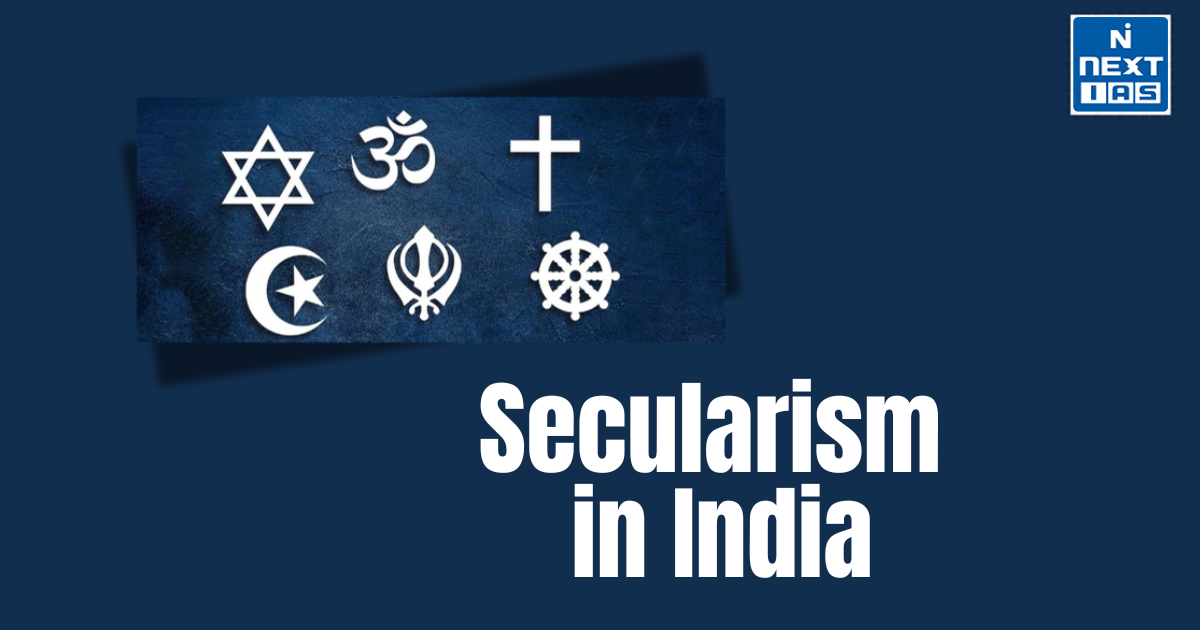
Senior citizens in India face various issues, such as inadequate healthcare, financial insecurity, and social isolation. Addressing these concerns is crucial for ensuring the well-being and dignity of the elderly population in the country. This article aims to study in detail the challenges faced by senior citizens in India and the measures taken by the government and society to mitigate these issues.
About Senior Citizens in India
- India’s senior citizen population is growing rapidly due to improved healthcare and increased life expectancy.
- According to the Census 2011, senior citizens (aged 60 and above) constituted around 8.6% of the total population, a figure projected to rise significantly in the coming decades.
- This demographic shift presents both opportunities and challenges that necessitate comprehensive social, economic, and policy interventions.
Major Issues Faced by Senior Citizens
- Financial Insecurity: Many senior citizens lack a stable source of income post-retirement. With limited access to pension schemes and inadequate savings, they often struggle to meet their daily expenses.
- Informal sector workers are particularly vulnerable due to the absence of formal retirement benefits.
- Health and Healthcare Accessibility: The elderly population is more susceptible to chronic diseases such as diabetes, arthritis, and cardiovascular issues.
- Limited access to affordable healthcare, inadequate geriatric care facilities, and high out-of-pocket medical expenses further exacerbate their health challenges.
- Social Isolation and Loneliness: Urbanization and migration have led to the breakdown of the traditional joint family system.
- Many elderly individuals are left to live alone, leading to social isolation, loneliness, and mental health issues such as depression and anxiety.
- Elder Abuse: Elder abuse, including physical, emotional, financial, and neglect, is a growing concern.
- Many cases go unreported due to fear, social stigma, and lack of awareness about legal rights and protection mechanisms.
- Digital Divide: With the increasing digitisation of services, many senior citizens struggle to access digital platforms due to a lack of digital literacy.
- This exclusion limits their access to essential services like banking, healthcare, and government schemes.
- Lack of Accessible Infrastructure: Public spaces, transportation systems, and buildings often lack senior-friendly infrastructure such as ramps, handrails, and priority seating, making mobility difficult for the elderly.
Government Initiatives for Senior Citizens
- Constitutional and Legal Provisions:
- Article 41: Directs the State to provide public assistance in cases of old age.
- Maintenance and Welfare of Parents and Senior Citizens Act, 2007: Mandates children and heirs to provide maintenance to senior citizens and parents.
- Social Security Schemes:
- Indira Gandhi National Old Age Pension Scheme (IGNOAPS): Provides financial assistance to senior citizens below the poverty line.
- Pradhan Mantri Vaya Vandana Yojana (PMVVY): Offers a guaranteed pension plan for senior citizens.
- Atal Pension Yojana (APY): Provides pension benefits to workers in the unorganised sector.
- Healthcare Initiatives:
- National Programme for Health Care of the Elderly (NPHCE): Offers dedicated healthcare services to senior citizens.
- Ayushman Bharat – Pradhan Mantri Jan Arogya Yojana (PM-JAY): Provides health insurance coverage that benefits elderly individuals from low-income groups.
- Free Health Camps: Regular health camps and mobile clinics cater to the healthcare needs of senior citizens.
- Housing and Welfare Programs:
- Integrated Programme for Older Persons (IPOP): Supports the establishment of old age homes, daycare centres, and other services for the elderly.
- Senior Citizen Welfare Funds: Utilized for the welfare of unclaimed deposits in public funds.
- Legal and Protective Measures:
- Elder Line (14567): A national helpline to provide support and guidance to senior citizens.
- Legal Aid Services: Free legal assistance is provided to senior citizens to address cases of abuse and property disputes.
Additional Dimensions of Senior Citizen Welfare
- Role of NGOs and Civil Society: Several NGOs, such as HelpAge India and Agewell Foundation, actively work to support senior citizens by providing healthcare, legal aid, and emotional support.
- Technological Inclusion: Efforts are being made to bridge the digital divide through digital literacy programs, user-friendly apps, and helplines to help seniors access online services.
- Promoting Active Aging: To encorage seniors to engage in volunteering, lifelong learning, and recreational activities can improve their mental and physical well-being. Programs promoting intergenerational bonding also help reduce isolation.
- Senior Citizen-Friendly Infrastructure: To develop accessible public spaces, transportation facilities, and community centers tailored for senior citizens ensures greater mobility and inclusivity.
- Financial Empowerment: To expand pension coverage, promoting retirement savings, and providing financial literacy programs can enhance the financial security of the elderly.
- Mental Health Support: Special mental health programs and counselling services must be integrated into healthcare services to address depression, anxiety, and cognitive disorders like dementia among seniors.
International Best Practices
- Japan’s Elderly Care Model: Japan emphasises community-based elder care, providing home-based services and promoting active ageing policies to manage its ageing population effectively.
- Scandinavian Welfare Models: Countries like Sweden and Norway offer comprehensive social security, universal healthcare, and well-developed senior-friendly infrastructure.
- WHO’s Active Ageing Framework: The World Health Organization promotes health, participation, and security as key pillars of active ageing, which India can adapt to improve elder welfare.
Conclusion
The growing population of senior citizens in India presents unique challenges that require multidimensional strategies. While the government has implemented several schemes and legal protections, more inclusive and accessible measures are needed to ensure the well-being, dignity, and empowerment of the elderly. Strengthening healthcare systems, financial security, social inclusion, and infrastructure, along with active community participation, is essential for creating an age-friendly society. A collective effort by the government, civil society, and individuals is crucial to support India’s senior citizens in leading a dignified and fulfilling life.
GS - 2





